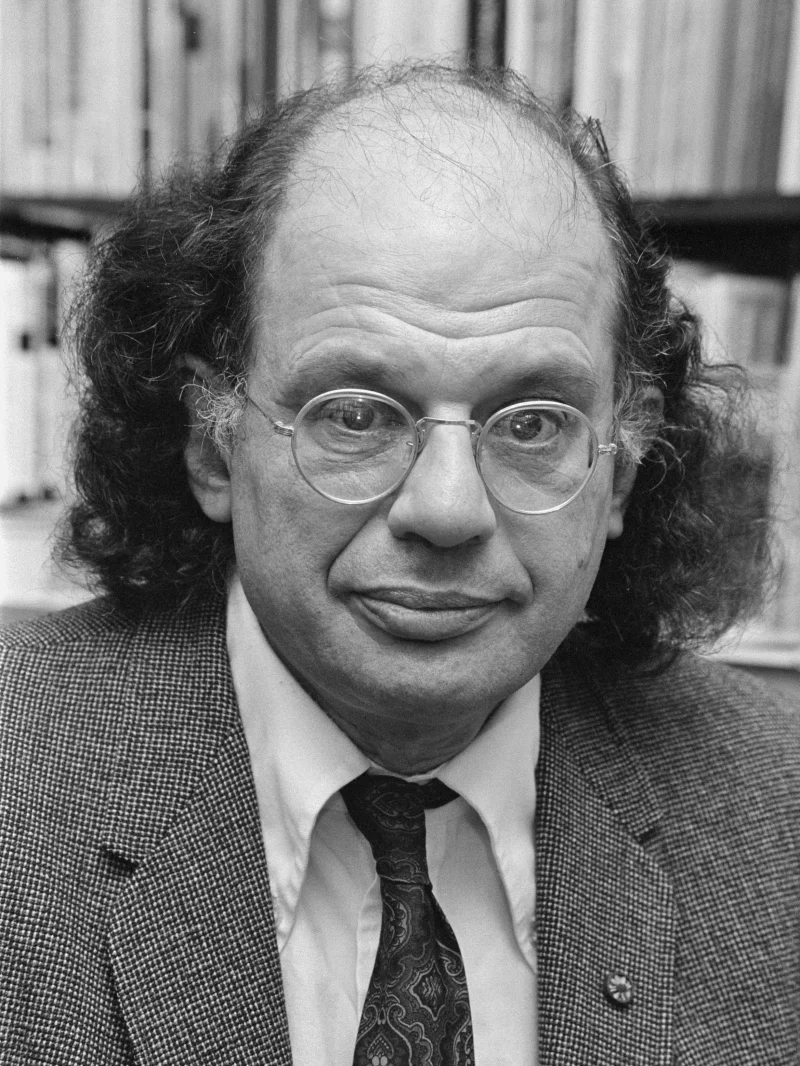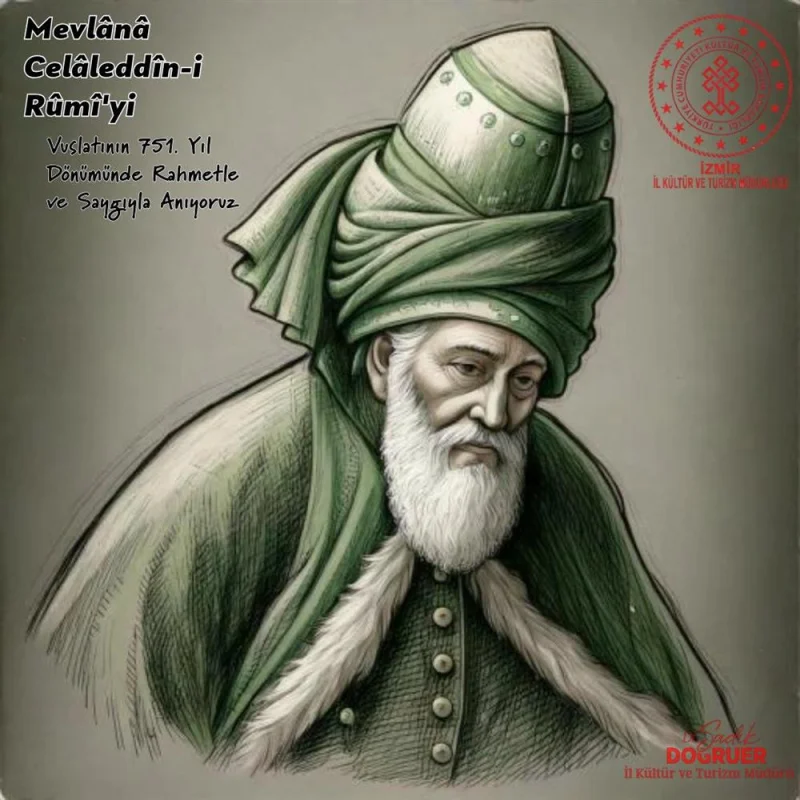Short Summary
Allen Ginsberg was a seminal American poet and a leading figure of the Beat Generation, renowned for his controversial and influential works that challenged societal norms. His poem "Howl," published in 1956, became a landmark in American literature for its raw, candid exploration of themes such as sexuality, politics, and spirituality. Ginsberg's work and activism significantly impacted countercultural movements of the 1960s and beyond, cementing his status as a cultural icon.
Early Life & Education
Born on June 3, 1926, in Newark, New Jersey, Allen Ginsberg was raised in a Jewish family with a strong literary background. His father, Louis Ginsberg, was a published poet, while his mother, Naomi, struggled with mental illness, profoundly impacting Ginsberg's life and work. He attended Columbia University, where he befriended Jack Kerouac and William S. Burroughs, who would become central figures of the Beat Generation. Ginsberg's early influences included the works of Walt Whitman and William Blake, and he was deeply inspired by the social and political issues of his time.
Career Highlights
Ginsberg's career took a pivotal turn with the publication of "Howl and Other Poems" in 1956, which faced an obscenity trial but ultimately prevailed, marking a triumph for free speech. In the 1960s, he became a prominent figure in the counterculture movement, advocating for peace, human rights, and environmental issues. He traveled extensively, promoting his work and collaborating with other writers and musicians, including Bob Dylan. Ginsberg was also a key participant in the anti-war protests and the fight for LGBTQ rights, leveraging his fame to champion social causes.
Major Achievements
- Pioneered the Beat Generation with his groundbreaking poem "Howl."
- Played a significant role in the 1960s counterculture movement, advocating for peace and human rights.
- Co-founded the Jack Kerouac School of Disembodied Poetics at Naropa University in 1974.
- Received the National Book Award for Poetry in 1974 for "The Fall of America."
- Contributed to the recognition and acceptance of LGBTQ rights through his open expression of his sexuality.
Famous Quotes
- "Follow your inner moonlight; don't hide the madness."
- "Whoever controls the media, the images, controls the culture."
Interesting Facts
- Ginsberg was a practicing Buddhist who studied under Tibetan teacher Chögyam Trungpa Rinpoche.
- He appeared on stage with rock bands, including The Clash and Bob Dylan's Rolling Thunder Revue.
- Ginsberg's friendship with Jack Kerouac was instrumental in shaping the Beat Generation's ethos.
- He was a passionate photographer, often documenting the lives of his friends and the Beat scene.
- Ginsberg's readings were often accompanied by music, blending poetry with performance art.
Legacy / Influence
Allen Ginsberg's legacy endures through his contributions to literature, free expression, and social activism. His work remains a cornerstone of American poetry, inspiring generations of writers and artists to challenge societal norms. Ginsberg's advocacy for human rights and environmental issues continues to resonate, influencing contemporary movements for social justice and equality.
FAQ
Q: Why is Allen Ginsberg famous?
A: He is famous for his influential poetry, particularly the poem "Howl," and his role in the Beat Generation.
Q: What was Allen Ginsberg's role in the counterculture movement?
A: He was a prominent figure advocating for peace, human rights, and environmental issues.
Q: Did Allen Ginsberg win any awards?
A: Yes, he received the National Book Award for Poetry in 1974.
Q: Was Allen Ginsberg involved in LGBTQ advocacy?
A: Yes, he was an open advocate for LGBTQ rights and often expressed his sexuality in his work.









